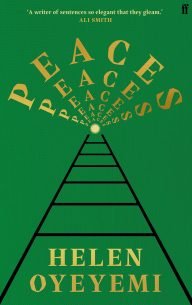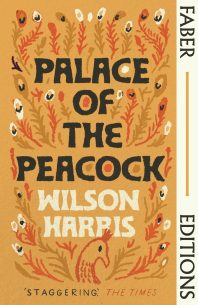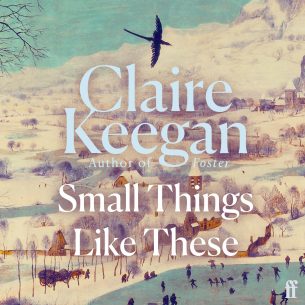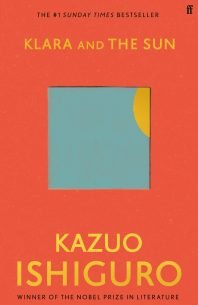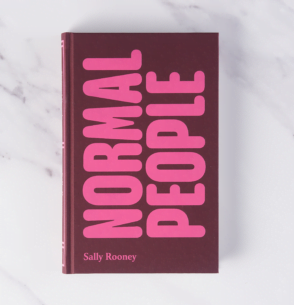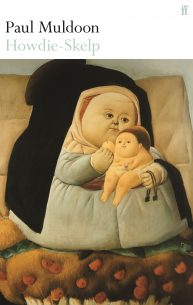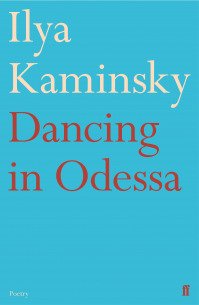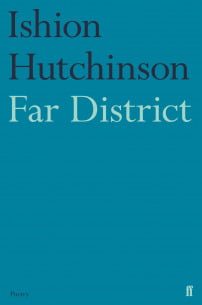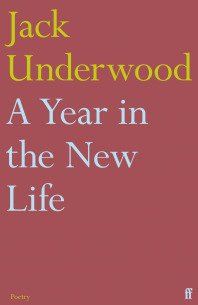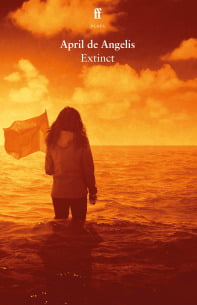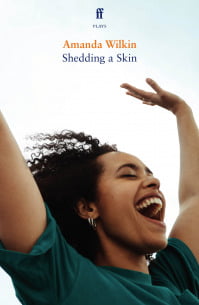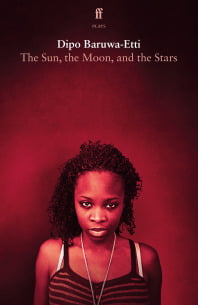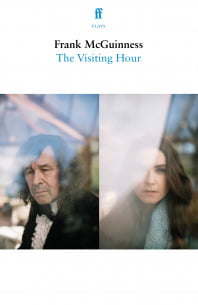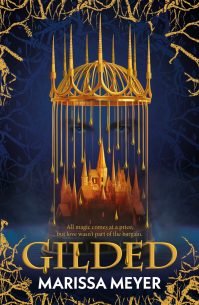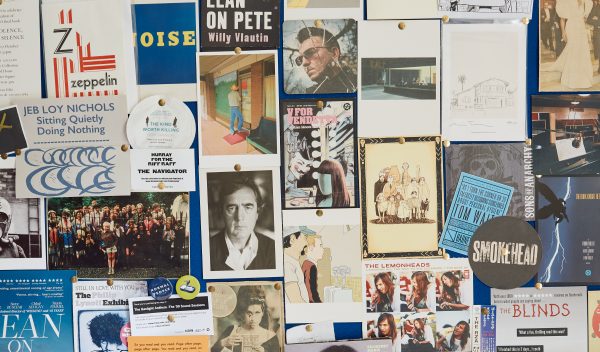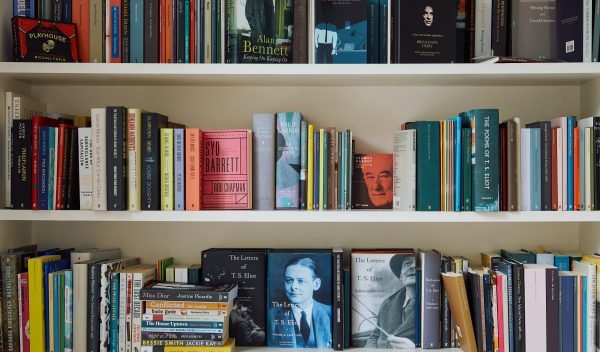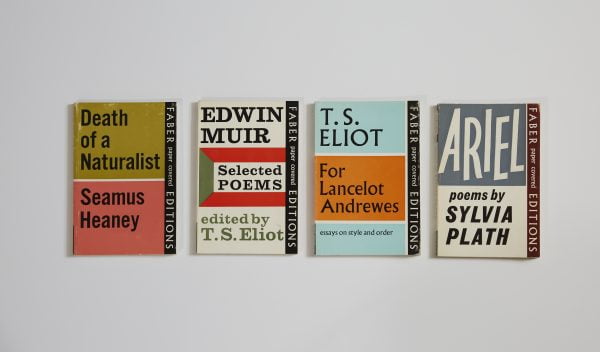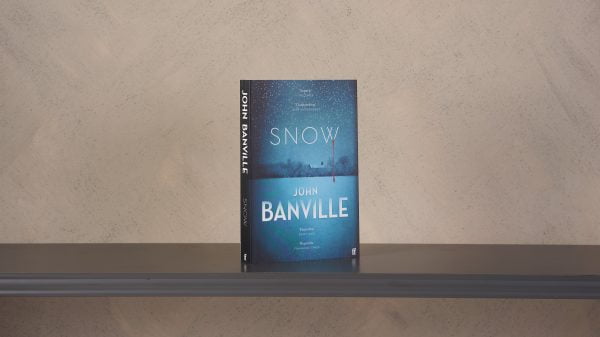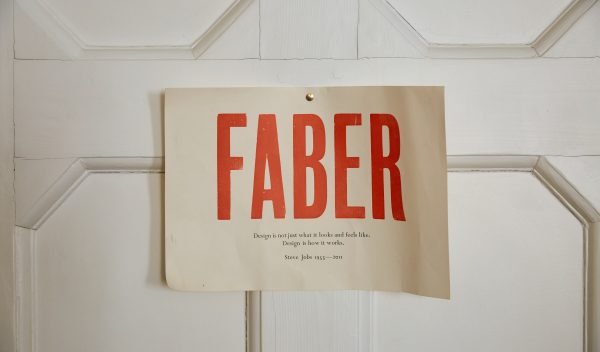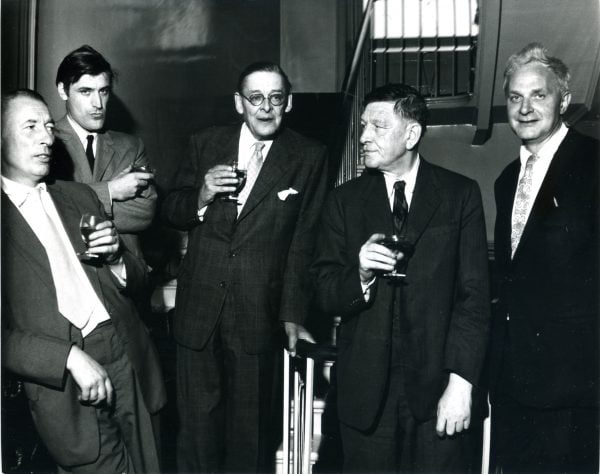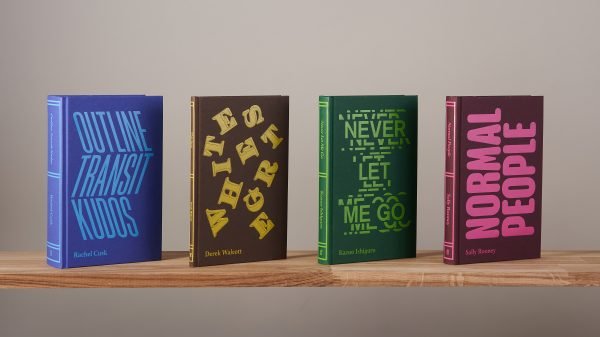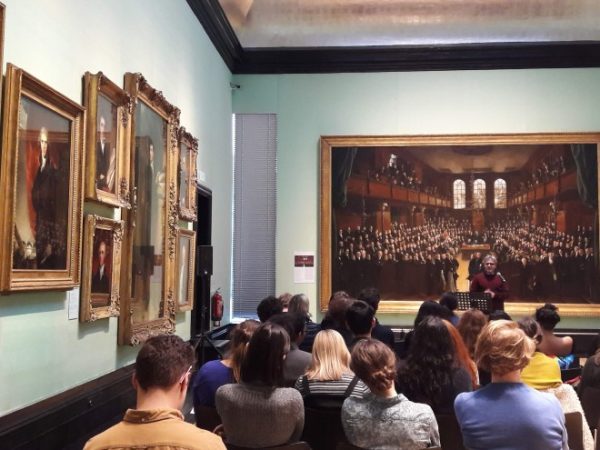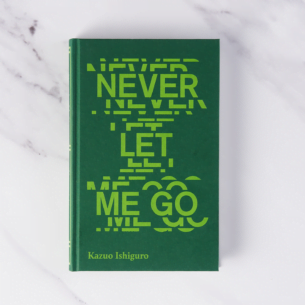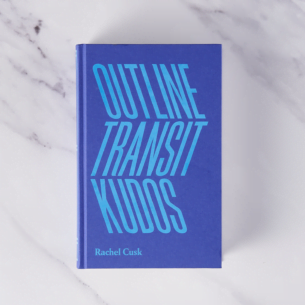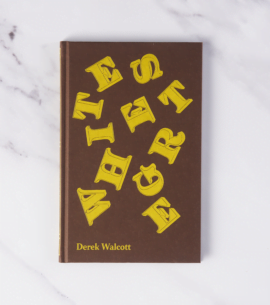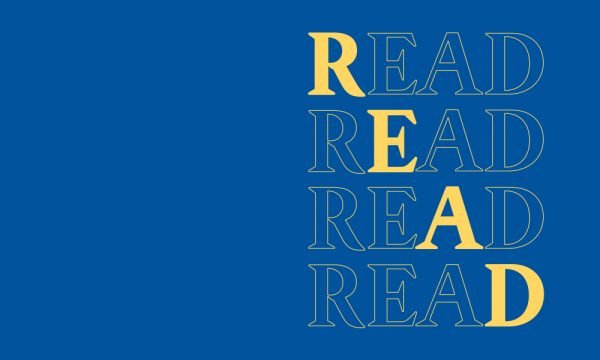


Editor to Author: An interview with Doug Johnstone
In the latest instalment of our Editor to Author interview series, Doug Johnstone has a frank and illuminating conversation about his latest thriller Crash Land with his Faber editor Angus Cargill.
Angus Carg ill: I wanted to start by asking if you had the title before you started writing this one?
ill: I wanted to start by asking if you had the title before you started writing this one?
Doug Johnstone: I didn’t, not this time. It’s different with different books – sometimes I have the title from the start, other times it goes through numerous names before I hit on the right one. In this case it was a wee bit unfortunate because I had a great initial title – After The Crash. But then that French dude Michel Bussi brought his book out with the same name, and it sold millions and won a bunch of awards, so that was that.
I then floundered around for a bit. For a while it was called Dark Island (influenced by the Orcadian beer of the same name), then How To Die In The North (influenced by a song of the same name) before settling on Crash Land, which I really like. It works on a couple of levels, which is always good, and it does give readers an idea what it’s about too.
You brilliantly evoke the landscape and atmosphere of Orkney, what was the initial impulse to set the book there, have you been yourself?
I’ve been a few times, and I went back to research once I decided to write the book. I’d visited in summer before, but the book is set around Christmas, so I wanted to experience the bleakness of the Orcadian winter first hand. I had the idea to set a book there way back twelve years ago, before I was ever published. Sometimes stuff takes that long to swirl round and coalesce in your head.
Orkney is stunning, that’s a given, but there’s something else going on there, an atmosphere that’s more than just big skies, amazing moorland, steep cliffs and all that. It’s to do with the feeling you get there with all the ancient sites scattered across the islands. There’s a real sense of the continuity of human life on the islands, a sense that the past and the present are intermingled, and I really wanted to tap into that.
In the book, Finn becomes kind of obsessed with that idea, hanging out at the Neolithic Tomb of the Eagles site and communing with the ancient skulls there. It’s a great backdrop for sinister happenings and conflict, and hopefully it adds a layer of resonance for the reader that wouldn’t otherwise be there.
After Smokeheads (set on Islay) this is your second book set on an island, almost like a locked-room mystery, what kind of possibilities does this set-up give you, as a thriller writer?
I am a self-confessed insulaphiliac, or lover of islands. It’s not so much about the locked-room thing for me, it’s more about the innate sense of claustrophobia that can be created in an isolated and contained environment. All my books, it turns out, are very restricted geographically, even the ones set in Edinburgh only occupy small pockets of the city. That wasn’t a conscious thing at all, but I love that added pressure, the sense that the characters can’t escape their fate, can’t escape their confines both physically and mentally. That plays into the classic noir concept of fatalism – that no matter what the characters do, they are condemned to play out this shitstorm the only way they can. I love that.
Of course, there is an element of the locked-room in play as well, as you rightly point out. In an isolated community there are only so many places to go, places to hide, and it’s unlikely that anyone can keep secrets from anyone else for long. That’s grist to the mill for a thriller or crime writer. For what it’s worth, the book I’m writing at the moment is based around a fictional island. Let’s wait and see how that pans out, shall we?
Maddie Pierce is very much in the tradition of the classic femme-fatale, was that a deliberate nod to some of your influences?
God yes, absolutely! In my mind, when I sat down on day one to write the first draft of the first chapter of Crash Land, I wanted to write my version of Double Indemnity by James M. Cain. Stupid, I know, and impossible, but that was the goal. I love those classic American noir novels so much, and Cain’s writing in particular, where men get involved in all sorts of crazy shit because of the apparent love of a bad woman. Fatalistic and tragic and stupid – great stuff. Val McDermid wrote a great quote for the cover of Crash Land, but she also sent me another, alternative one: ‘Doug Johnstone offers a powerful argument for not thinking with your dick.’ I am so proud of that.
At the same time I wanted Maddie to be a kind of updated version of that femme-fatale trope. I didn’t want her to be all bad, using the man for her own purposes with no moral ambiguity, so I tried to make her as rounded and complex a character as I could, with the proviso that the story is told from Finn’s point of view, and she has to remain something of a mystery to him, out of necessity. And I deliberately didn’t resolve those issues. When I sent this book to my agent, he asked me: ‘So did Maddie… X, Y and Z?’ I won’t say what, because of possible spoilers. But my answer was: ‘Does it matter? What do you think?’ I know what I think, but I’ve hopefully left it open enough that readers can make up their own minds about who was guilty of what, and to what extent.
You’ve a substantial body of work now, with the two novels you published with Penguin, and now this, your sixth with Faber. I just referred to you as a thriller writer, but how would you define your work?
Thriller writer is fine with me. I don’t really care what I’m referred to, or how the books are referred to, as long as people read them. I think writers in general think about that stuff a lot less than publishers, booksellers or readers. Most writers I know just write the stories they feel compelled to write, and let the rest of the stuff take care of itself.
It’s interesting, though, looking back at your body of work after eight books. The first two Penguin novels feel overwritten to me now, and if I’m honest, they feel like I hadn’t quite found my voice. I was trying a little too hard to impress the reader, to say something about LIFE and SOCIETY and shit like that, instead of concentrating on telling the best story I could.
Since Smokeheads, though, I feel like I’ve found my voice and am exploring it in different ways. Some of the books are more straightforward noir, like Hit & Run and The Dead Beat, while others such as The Jump and Gone Again are more emotional, domestic noir, I suppose. I don’t set out to write them that way, but the subject matter usually dictates the feel of the book somehow.
Most often I’ll write a book as a kind of reaction to the one before. For example, The Jump was very personal for me, and hard to write, all about suicide and its repercussions. So for Crash Land I wanted to write something that felt like more of an old-school romp of a thriller. It’s my idea of a fun read, if you can say that about a harrowing plane crash and the bloody aftermath. Fun times!
Your books are always admirably tight, free of digression and flowery prose, is there ever a temptation to strike out? Do you secretly have a 1000 page magic-realist novel hidden away in one of your drawers?
It’s funny you should say that… after those two Penguin novels and before I wrote Smokeheads, I wrote a big, sprawling epic family saga thing called The Coalbiter. It remains in a drawer of my desk. Because it’s shit, mostly. It wasn’t exactly massive – I think one draft got up to 120k words, which is twice my normal book length, but average length for big police procedurals, I think. But it was big enough for me, too big, in fact. Ach, it was a mess – you know what it was? It was my attempt to write The Crow Road by Iain Banks. But it turns out that Iain had already written The Crow Road and it was pretty fucking amazing, so my book was totally unnecessary. And shit.
But the tight prose thing – I feel like I really hammered that with Smokeheads and Hit & Run, but I think that I’ve slightly loosened the reins since then. I’m willing to throw in the odd snippet of description or backstory if the story needs it now. But I still hark back to James M. Cain – he could pack so much plot, character, atmosphere, description, dialogue and action into a hundred pages – that’s the goal, that’s the ideal.
I read somewhere that people like watching disaster movies on planes, do you think, following this line, that airport bookshops should be rushing to stock this one in their departure lounges?
Ha, definitely! I know a couple of people who have read it on planes already, and it didn’t make them feel very well. In fact, a lot of the early feedback has been about the early plane crash scene. But more important than the actual scene, I hope, is the build up to it. I worked really hard on the opening few scenes over and over, trying to get the tension and the pacing just right. It’s hopefully clear from the start that something very bad is going to happen, but I tried really hard to increase the suspense and tension until absolute breaking point just before the big clusterfuck scene.
And finally, you’re a great reviewer and champion of contemporary fiction too, is there anything you’ve read or reviewed – a debut maybe, or a new discovery – this year that you’d really like to press on people?
Can I have two? I’ll recommend a debut and a book from a veteran, one of my favourite ever writers. The first is Bill Beverly’s Dodgers (No Exit). It just won a couple of big crime writing prizes, and I can see why. It’s a kind-of crime novel, a gang tale, a coming of age story and a road trip all thrown in together, as young LA gang members travel across the States to carry out a hit on a witness in an upcoming trial. It’s written with real style and buzz, and it packs a big emotional punch by the end as well.
And the other book I’ve really loved this year is Willnot (No Exit) by James Sallis. I am a massive James Sallis fan, and I think Willnot is up there with his best work. He writes crime, essays, sci-fi, music books, poetry, short stories and God knows what else, but I particularly like his standalone crime novels. Willnot is only just crime, I suppose, based around the goings-on in the eponymous smalltown, and focussing on the doctor who works there and gets involved in local police investigations. It’s brave, assured writing, full of existential angst but in a way that’s palatable and almost homely. It’s a hard book to describe, but it’s simply wonderful.
Crash Land by Doug Johnstone is published by Faber & Faber (r.r.p. £12.99, Faber Members get this title for £10.39)
